Read on to find out why bedwetting commonly runs in families and get expert advice on how to turn dealing with multiple bedwetting into a positive for your children.
Is it common for more than one child in the family to wet the bed?
Yes. For approximately 70% of affected children there will be at least one other family member who has or had the same problem as a child. That means it’s quite common for more than one child in a family to be bedwetting at the same time.
Bedwetting is a common condition which is often passed down from parent to child and even other close family members (such as aunts, uncles, and grandparents).
We didn’t know exactly why bedwetting could be inherited until an exciting discovery was made via ground-breaking research.
In 2021, a large-scale study of Danish children and young people discovered the genetic variants that increase a child’s chance of bedwetting and explains why it runs in families.
Dr Soren Rittig from Aarhus University Hospital explains what their evidence shows:
We have known for over a century, there has been strong evidence suggesting a genetic background for bedwetting.
The risk of bedwetting is 5-7 times higher among children with a parent who suffered from bedwetting as a child, and approximately 11 times higher if both parents were bedwetters.
How can this discovery make a difference to my child/children who are bedwetting?
Explaining to your child that bedwetting can be passed on genetically and is ‘in our genes’ is a powerful way to reassure them that it’s not their fault.
You can also use the genetic link to start a conversation with other siblings about bedwetting and explain why it’s important to be kind and understanding to their brother or sister.
Bedwetting can have a big impact on a child’s self-esteem. It’s important that they aren’t teased about it as stress and anxiety will only make their bedwetting worse.
How to manage bedwetting with multiple children
Life has handed you a cactus with more than one child bedwetting, but it doesn’t mean you have to sit on it!
In fact, there’s a way of turning having more than one child who wets the bed into an advantage and that’s by adopting a team strategy approach to cope with bedwetting.
Explain to your children that you’re all in this together and that everyone has an important part to play a part in working towards dry nights.
Here’s some tips for creating a top bedwetting busting team:
Talk to your children about bedwetting
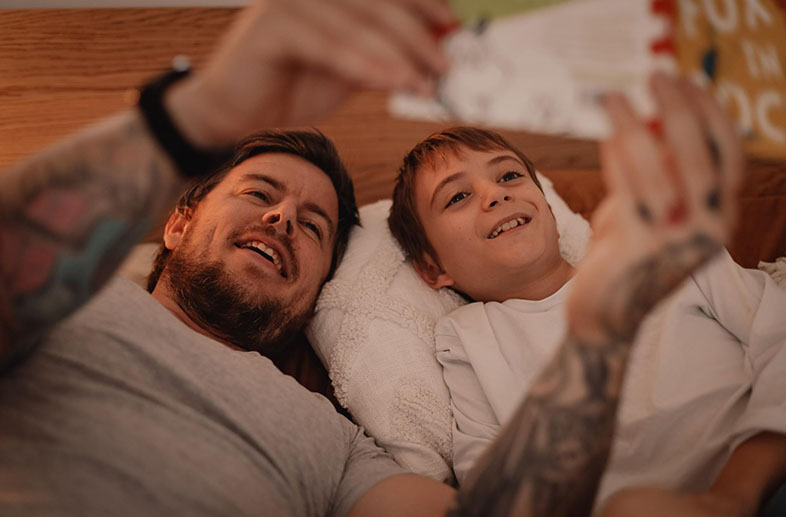
Whether you have one or more children who are bedwetting, the best approach to managing bedwetting is by talking about it openly.
This is a powerful way of giving your children the opportunity to share how they feel first. Together you can then decide what your plan of attack is going to be.
If you also bed wet as a child, share this with them as it can help to reassure them that a) it’s not their fault and b) it will usually stop at some point.
Encourage your children to talk to each other about it
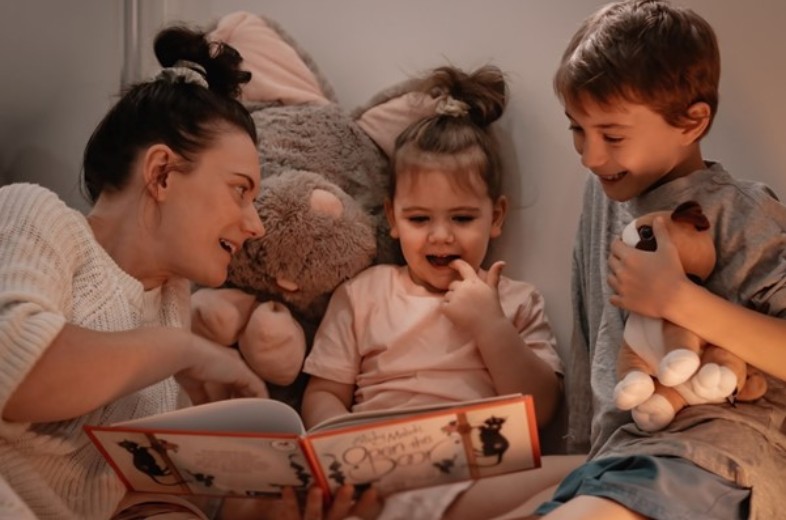
Most children who wet the bed feel like they are the only ones and that there’s something wrong with them.
If you have more than one child who wets the bed, encourage them to talk to their sibling. This is the perfect way to prove to them that it’s not their fault, they’re not alone and they can help each other to find ways to manage and get dry.
If they are usually competitive with each other (as lots of siblings are) encourage them to create challenges they can work on. Put the focus on achievable things like drinking enough during the day rather than who is wet vs dry as this can be demotivating in the long run.
Build a bedtime routine that works for everyone
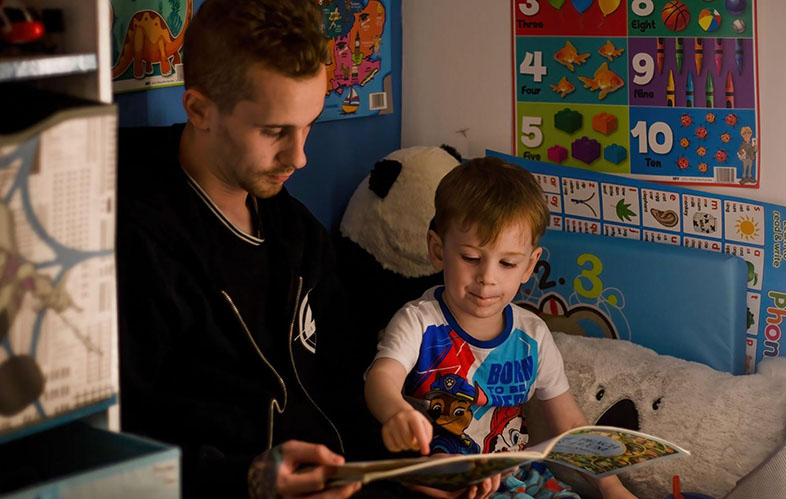
A consistent bedtime routine helps to prepare all children for a good night’s sleep. It is particularly important when you’re managing bedwetting in more than one child.
Following the routine means each of your children gets treated the same and doesn’t feel singled out or punished in any way for bedwetting.
Here are some simple steps to building a good bedtime routine:
If more than one of your children wets the bed and they share a room, avoid putting them in a bunk bed if you can.
The top bunk can be a barrier to a child waking and going for a wee if they need to in the middle of the night


Make sure everyone follows a good bedtime drinking routine.
Stop drinks one hour before bedtime, every night, and no more after that until morning.
Practise a good bedtime toileting routine.
For example, schedule a relaxed toilet sit as part of preparing for bed, and pop back to the toilet just before sleep if it’s more than half an hour later.
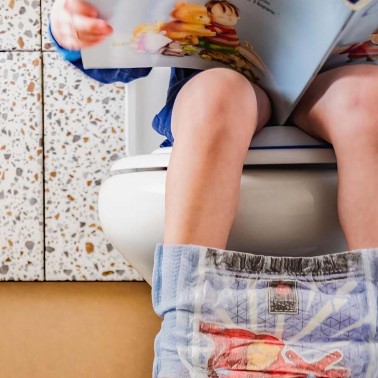
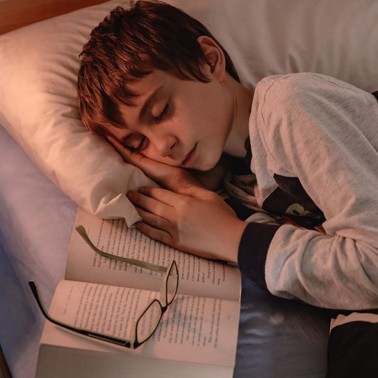
Prepare your child for sleep. Unwind with a book or listen to music with the lights turned low.
Avoid screens—so no TV, iPad, computer games in the hour before sleep, or the brain will get the wrong message!
Try using bedwetting products as part of their bedtime routine—such as DryNites® Pyjama Pants or Bed Mats.

Get support from others
Dealing with bedwetting, especially if it affects more than one of your children, can be stressful and tiring for you as their parent. This can be made even harder if you don’t have anyone to talk to about how you’re feeling. Talking openly with a trusted friend or family member about how you're feeling and any worries you have about your child’s bedwetting can make a big difference. ERIC also have an online peer-to-peer support network which you can use to get advice and tips from other parents in the situation: https://healthunlocked.com/eric
Look after your own mental health too
When we’re supporting our child with something like bedwetting it can be very easy to neglect our own feelings and mental health. We can be very good at putting other people before ourselves!
Don’t leave it until you reach burn out point. Make time if you can, even if it’s just 5 or 10 minutes every day to do something just for you: a walk, reading a magazine. Anything that gives you a break and helps to re-energise you ready to keep supporting your children.
Bedwetting can be in the genes—you and your children deserve support
Now we have the proof that bedwetting runs in families and the science to explain it, we hope that helps to reassure you and your children that bedwetting isn’t anyone’s fault or something you’ve done wrong as a parent.
Having more than one child who wets the bed can be tough, but it also means you can encourage your children to support each other along the way to dry nights.




 your parenting partner
your parenting partner